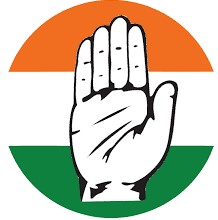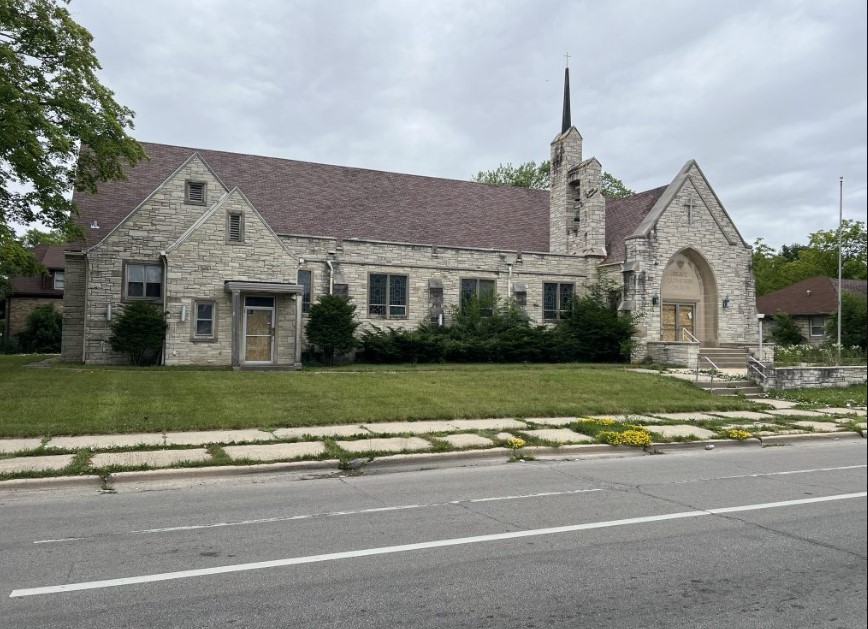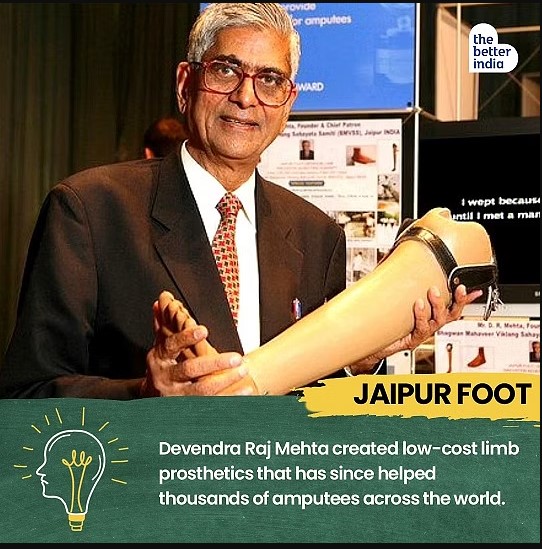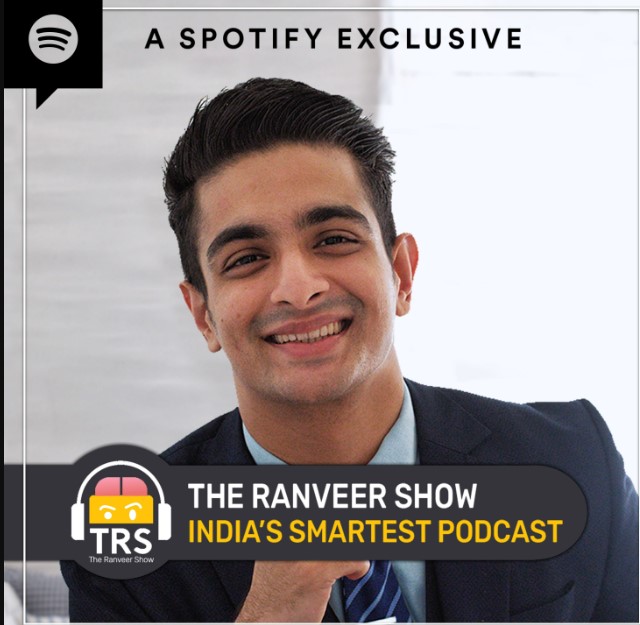The Urbanist
June 8, 2025

The Indian National Congress (INC), commonly known as the Congress Party, is one of the major political parties in India. Founded in 1885, it played a crucial role in the struggle for India's independence from British colonial rule. Over the years, the Indian National Congress has evolved and witnessed significant ups and downs in its journey. Here is an overview of the party's history, ideology, leadership, major achievements, and challenges it faced up until 2021.
- The Indian National Congress was formed on December 28, 1885, in Bombay (now Mumbai) by A.O. Hume and prominent Indian leaders.
- Initially, the party aimed to bring together various regional, religious, and linguistic groups to seek political rights from the British government.
- In the early phase, the Congress was led by moderates like Dadabhai Naoroji, Gopal Krishna Gokhale, and Pherozeshah Mehta.
- They advocated for constitutional reforms, representation, and limited self-government within the British Empire.
- Later, the extremists, led by Bal Gangadhar Tilak and Lala Lajpat Rai, emerged within the party, advocating for more radical approaches and complete independence.
- The Indian National Congress played a pivotal role in India's struggle for independence from British rule.
- Leaders like Mahatma Gandhi, Jawaharlal Nehru, Sardar Vallabhbhai Patel, and Subhas Chandra Bose emerged as key figures in the party during this period.
- The party organized mass movements, including the Non-Cooperation Movement, Salt March, Quit India Movement, and civil disobedience campaigns.
- Congress leaders actively participated in negotiations with the British government, leading to India's independence in 1947.
- After independence, the Congress Party faced challenges related to the partition of India, religious violence, and the integration of princely states.
- The assassination of Mahatma Gandhi in 1948 was a major blow to the party, which led to an internal struggle for leadership.
- Under the leadership of Jawaharlal Nehru, who became India's first Prime Minister, the Congress Party embraced a socialist ideology.
- Nehru implemented policies focused on economic planning, industrialization, and social welfare programs such as the Five-Year Plans, land reforms, and the establishment of public-sector enterprises.
- After Nehru's death, his daughter, Indira Gandhi, emerged as a prominent leader and served as Prime Minister for multiple terms.
- The party faced internal conflicts during Indira Gandhi's tenure, leading to a major split in 1969 when the Congress Party divided into two factions: the Congress (O) and the Congress (R).
- The Congress (R) faction, led by Indira Gandhi, retained the name "Indian National Congress" and emerged as the dominant force.
- Indira Gandhi's tenure was marked by controversial events, such as the imposition of a state of emergency in 1975, leading to a suspension of civil liberties.
- The Congress Party faced significant criticism for these actions, but Indira Gandhi eventually called for elections in 1977, which resulted in the party's defeat.
- However, the Congress Party returned to power in 1980 under Indira Gandhi's leadership.

June 8, 2025

June 8, 2025

June 8, 2025

June 8, 2025

June 8, 2025

June 8, 2025

June 8, 2025

June 8, 2025

June 8, 2025

June 8, 2025